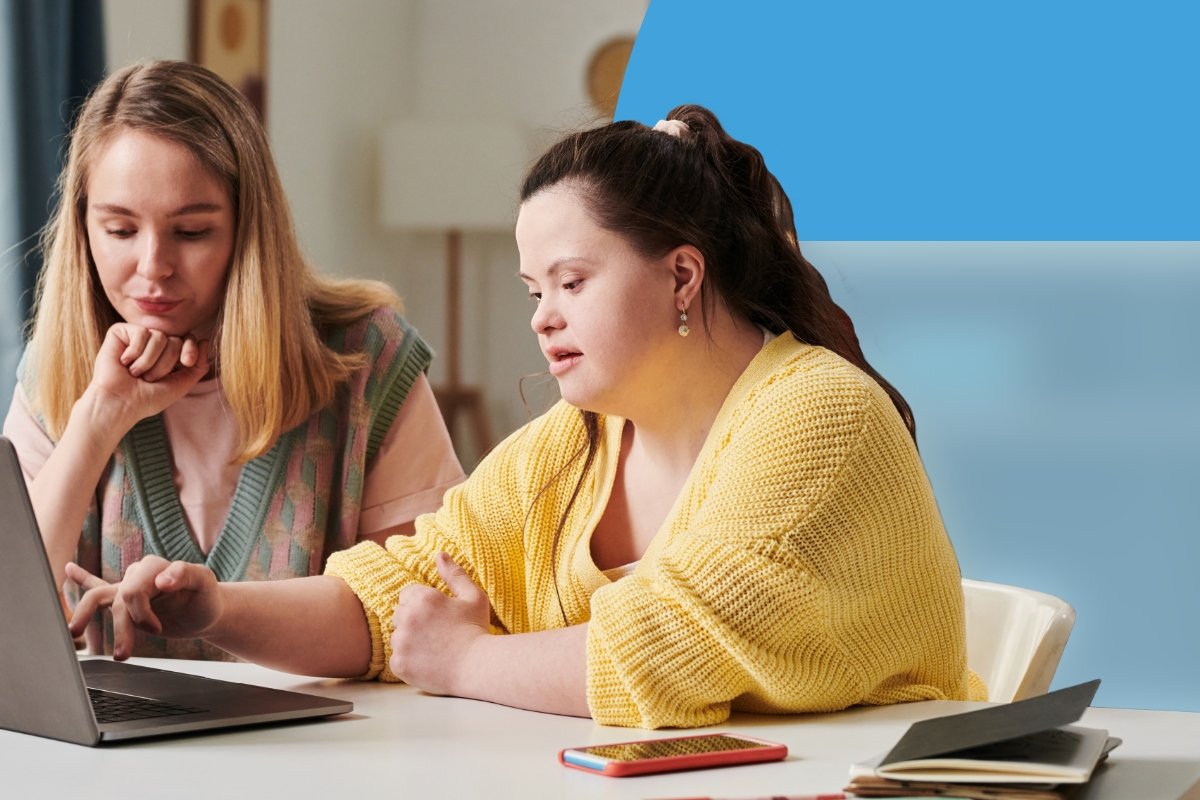Teaching Adaptive Budgeting to Adults with Intellectual Disabilities
Part of living independently is understanding your income and how to manage it. Everyone should be able to afford life essentials, such as rent and groceries — but with adaptive budgeting, there should still be some fun money left over. Adults who have intellectual disabilities may need assistance with their budget, but with guidance, they’ll gain a sense of financial empowerment.
Read on to learn how to assist someone who has an intellectual disability with their budget.
Listen
The first step in creating a budget for someone with a disability is to listen. Adults who have intellectual disabilities know what they want and need and are fully capable of speaking up for themselves. While you may feel the need to take the reins, you must understand that it is ultimately their choice how to spend their well-earned paycheck.
Explain
Adults who have intellectual disabilities may need you to break down each step of the adaptive budgeting process in a way that makes sense to them. Consider how they best learn and tailor the process to meet their needs.
For some, it may be useful to write down due dates or amounts on a physical calendar so checking for payments becomes part of an everyday routine. For others, a bulleted list of due dates and amounts might be more beneficial to financial empowerment.
Try condensing the budget into manageable segments, such as weekly or monthly installments. A spending log may also be useful to see how much money is spent daily. Most importantly, emphasize that their bank account must have a certain amount of money in it before they can make purchases beyond bills.
Demonstrate
When you’re assisting someone who has an intellectual disability, show them how to use all the tools they will need for adaptive budgeting. If they prefer online banking, show them how to access their bank app and where to look for spending, account information and more. If they prefer in-person, show them where the nearest bank branch is and how to inquire about their account.
Caution
Getting a bank account is often the first step to financial empowerment — but it’s not without risks. Take time to explain that overdraft fees may impact their account if they spend too much, so they should check their account balance often. Just in case, warn them to keep their account information secret from people online and in person.
Even a small word of caution may protect them from fraud or common scams — encourage them to tell you if they see a weird charge or get a request for money from someone else.
Practice
For some people who have an intellectual disability, it may be helpful to try out adaptive budgeting in a real-world environment. One way to do this is to write a grocery budget before going to the store. As you walk through the grocery store together, advise them to check the prices on each item they want and write them down. A practice run like this may be helpful for financial empowerment, as they will see that each item has a different price and that their cart total always needs to fit into their budget.
Find Resources with Paraquad
Financial literacy is a key component of independent living — but it’s not the only part. At Paraquad, we connect people with disabilities to a variety of resources that help them live life to the fullest. Whether you’re searching for new employment opportunities or looking to build more skills, our team has you covered.
Have a question for us? Contact Paraquad online or give us a call at 314-289-4200.

